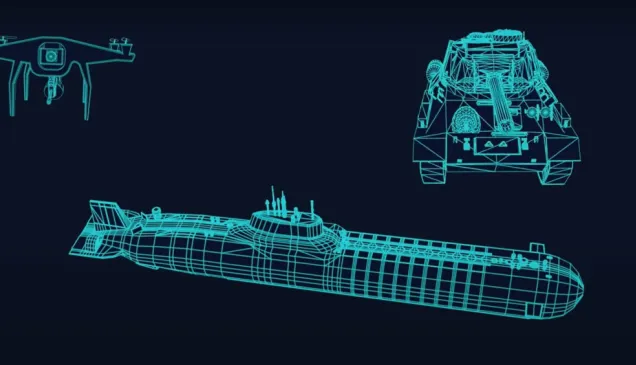Renewed Appeal 2025: Addressing the humanitarian funding gap
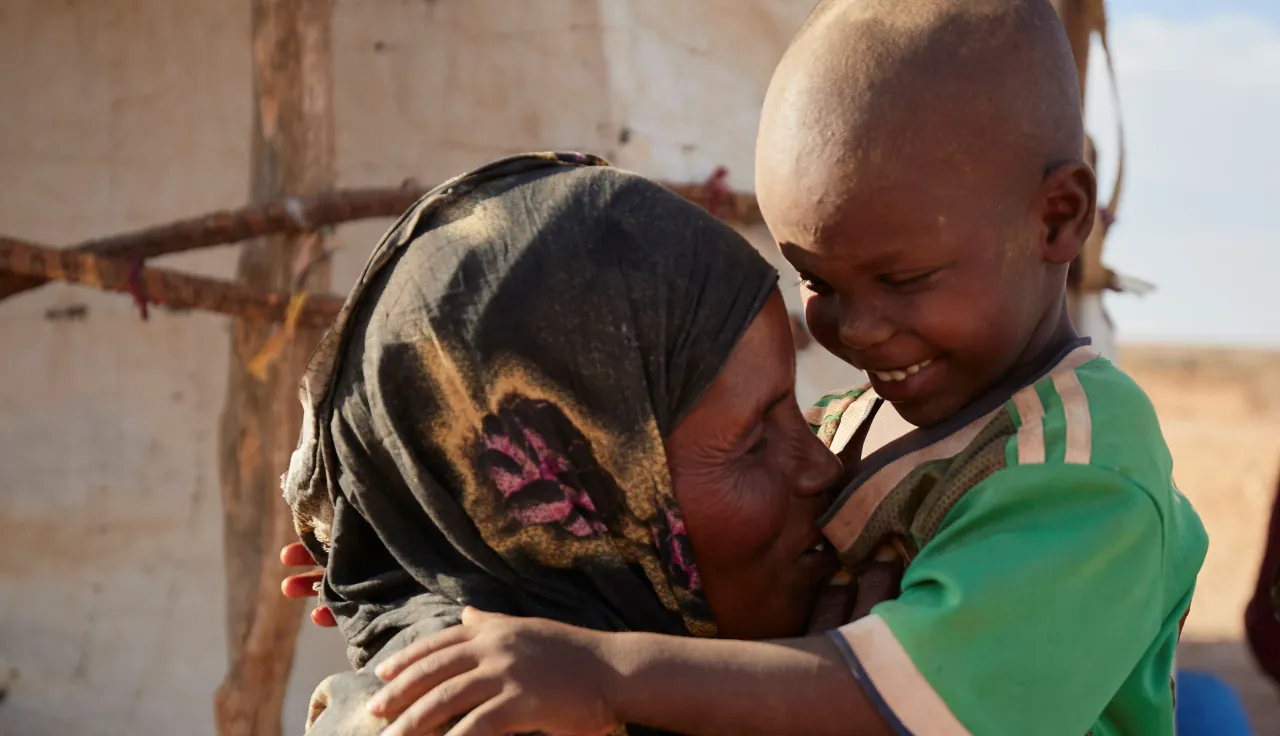
Amid rising needs and unpredictable funding, the ICRC remains committed to people affected by armed conflict. Our renewed appeal for funding underlines the importance of flexible, predictable support to sustain operations, especially in forgotten crises.
In 2025, humanitarian needs continue to rise while funding remains uncertain. The ICRC has strengthened its financial footing since the 2023 crisis, yet the gap between needs and resources continues to grow. With four months left in the year, we still face a significant funding gap of over CHF 300 million.
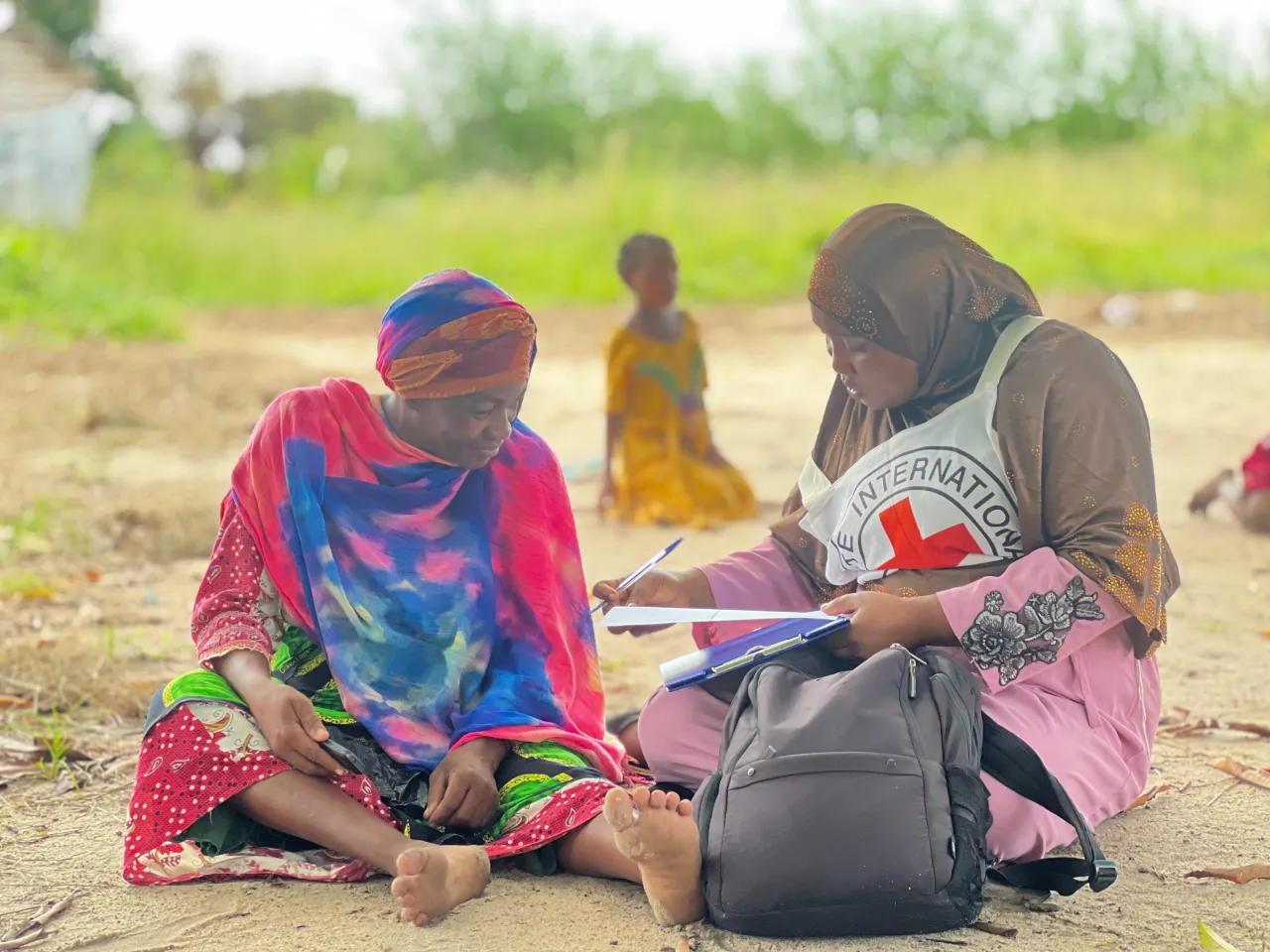
Underfunded and overlooked
Some contexts fall out of the spotlight even though the humanitarian impact is severe.
Most of our top underfunded operations are in Africa, where needs total more than CHF 300 million. Conflict and violence continue to drive displacement, disrupt health care and erode access to essential services across the continent.
Afghanistan also remains one of the most underfunded contexts, where half of the population depends on humanitarian aid. Our teams work alongside the Afghan Red Crescent to keep hospitals running, provide physical rehabilitation, and deliver assistance in hard-to-reach areas.
Other contexts, such as Syria, the Democratic Republic of the Congo, Colombia and Venezuela, highlight the same challenge: large-scale needs in environments that risk slipping out of international focus. In these places, our work ranges from emergency health care and repairing water systems to supporting displaced communities and helping families of missing persons.
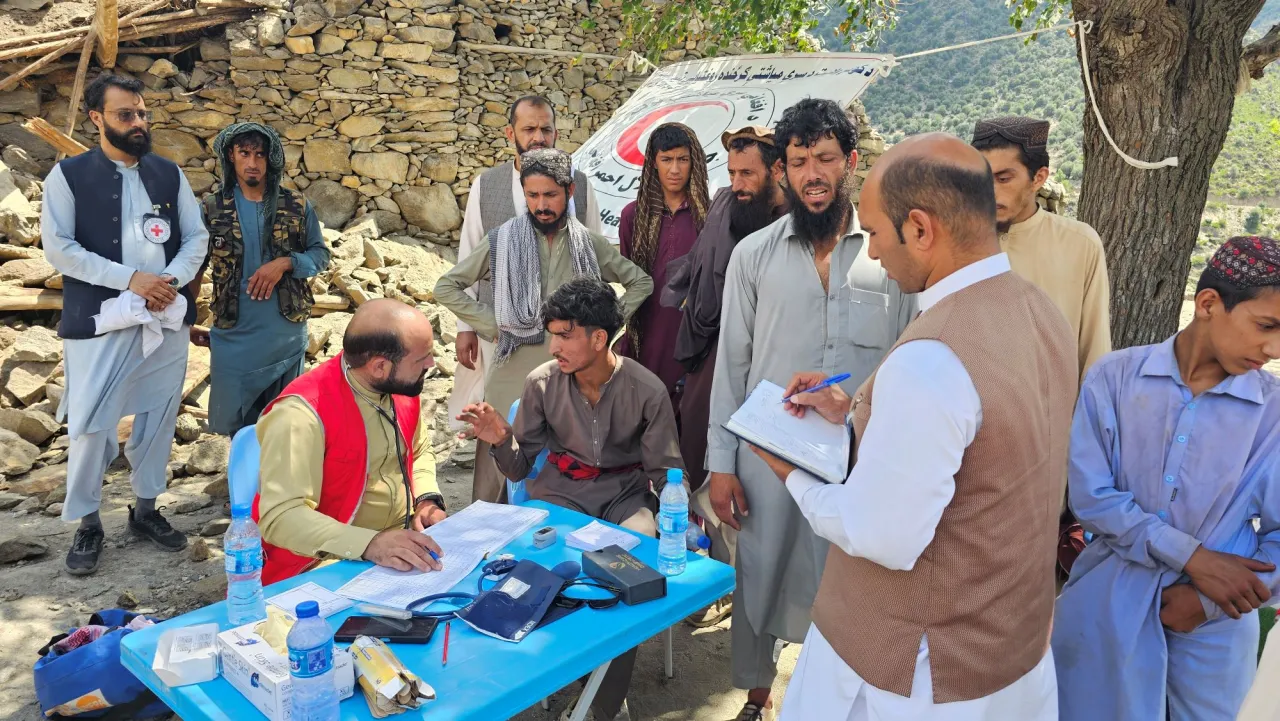
Why flexibility matters
Our ability to respond depends not only on the volume of support but also on its quality. Flexible funding allows us to allocate resources according to needs, wherever and whenever they arise. It enables us to respond rapidly when emergencies escalate, to sustain operations in underfunded or out-of-the-spotlight crises, and to support people affected by conflict and armed violence, with a focus on protection, humanitarian diplomacy and promoting international humanitarian law.
Predictable and timely contributions are equally important. They give us the stability to plan ahead, strengthen preparedness, and remain present in some of the world’s most difficult environments.
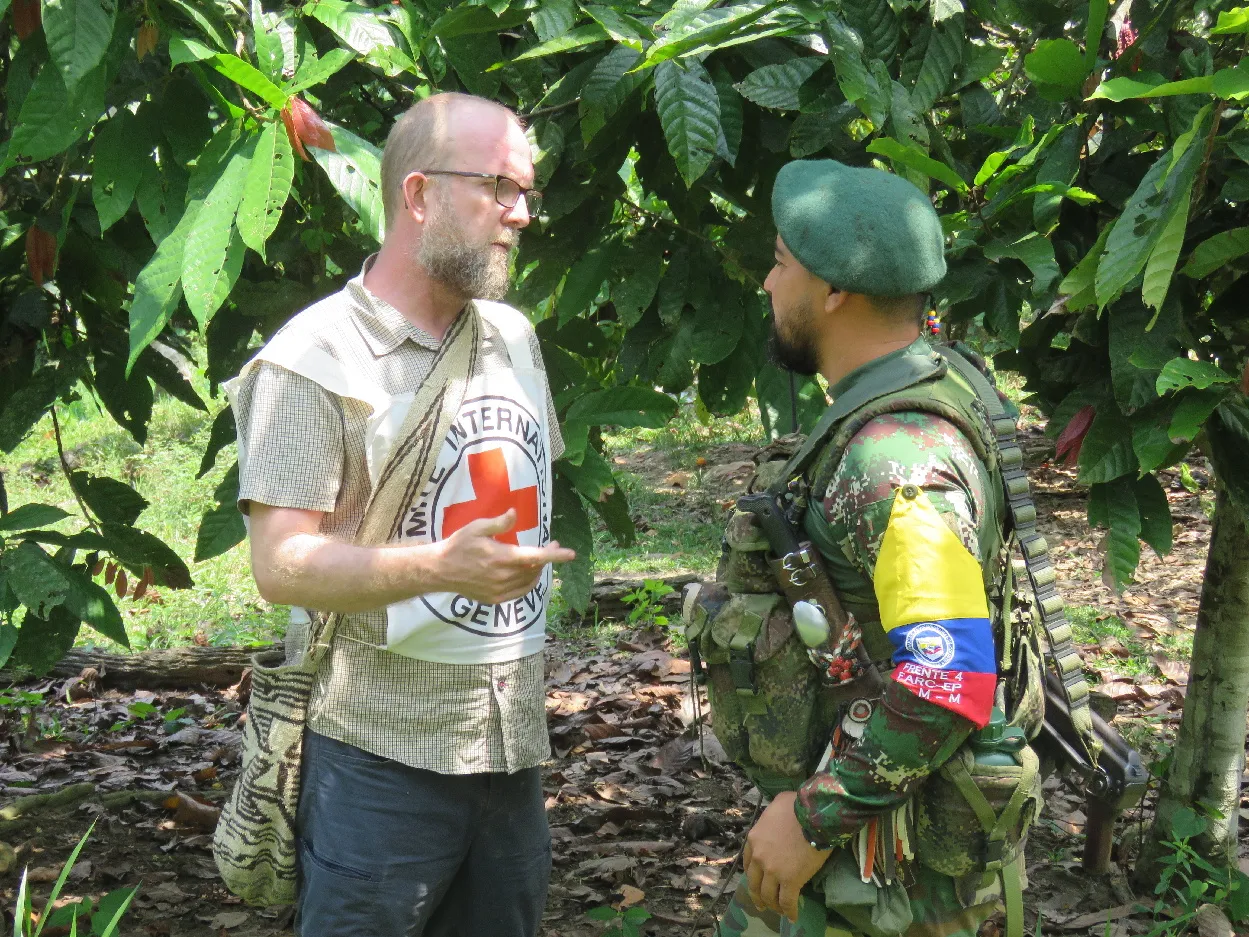
Looking ahead
Whether in headline-making conflicts or in contexts at risk of falling out of the spotlight, we remain committed to reaching people in need — and to doing so with humanity, impartiality and neutrality at the core of our action.

